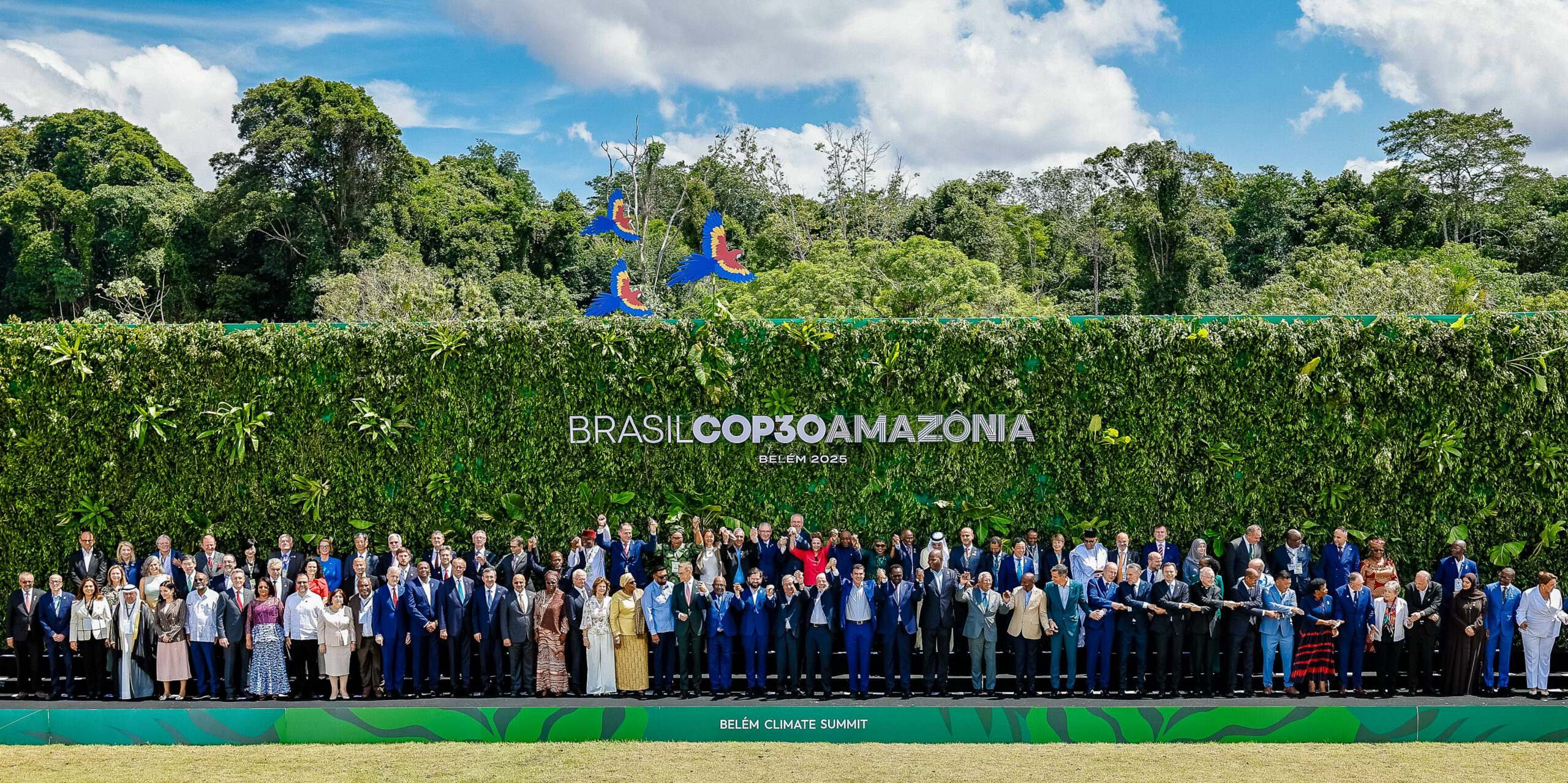In a world where the roar of the crowd and the thrill of the game take centre stage, the English Premier League is scoring goals for the planet by deepening its commitment to sustainability. With a game plan that goes beyond the pitch, the League is set to revolutionise its environmental impact by implementing four key approaches.
The League is already seen as a stand-out leader in the global ESG rankings for the sport, with clubs such as Liverpool and Tottenham Hotspur recognised for their sustainability impact — Liverpool with their sector-inspiring ‘Red Way’ and commitment to third party-accreditation, and Spurs being appreciated as the League’s leading club with stringent net zero targets and dedicated action over decades in this space. There is growing interest from sponsors looking at environmental performance as a key factor (and vice versa), and noticing that fan behaviour on sustianability is influenced by club commitments on the environment.
Building sustainability into business plans with clear targets and workstreams makes the commercial prioritisation of this critical work more achievable; and that is something we have seen across all sectors here at Xynteo — whether organisations are building value chain collaboration over shared targets or engaging customers (in this case fans) on the journey to become more sustainable as a business. The League taking this critical step feels like the right timing for the sport and the country as we look ahead to 2030 and looming climate deadlines and start to think about what real impact looks like for the clubs.
But it hasn’t been a simple road in Football – sustainability has typically felt like an additional pull on tight resources, and the ESG world is broad and complex to navigate for non-specialists. Clubs have brought in experts where budget and ambition has made that possible, but they have built strategy and targets themselves and in silos, until now.
It is exciting to see the League actively supporting its teams through a joint effort on environmental strategy and implementation across four significant areas:
1. Developing robust environmental sustainability strategies
By the end of the 2024/25 season, every club will unveil a comprehensive environmental sustainability strategy. This isn’t just a mandate; it’s a rallying call for clubs to become beacons of responsibility. This commitment goes beyond the confines of the pitch, engaging fans in a shared purpose. The strategy isn’t just about winning matches; it’s about tackling climate change from the heart of the clubs and the League using the levers they have to do so.
2. Designating a senior employee to lead sustainability activities
In identifying senior employees to drive sustainability activities, clubs are not just appointing leaders, they are appointing stewards of change. These individuals, whether seasoned veterans or newcomers, become the architects of ambition and action. Their role goes beyond the club—it’s about shaping the legacy of the entire sport. Fans, seeing these leaders in action, are not merely spectators; they become active participants in a movement towards a more sustainable football ecosystem.
3. Compiling a Greenhouse Gas emission dataset by the 2025/26 season
The commitment to compiling a comprehensive Greenhouse Gas (GHG) dataset covering Scopes 1, 2, and 3 emissions is a testament to the League’s dedication to environmental responsibility. Beyond the numbers, this initiative is a powerful message that football clubs are committing to the health of the planet. By building clear data sets and understanding where their challenges lie, clubs can focus limited resource on getting the most impact on emissions.
4. Supporting a common framework for action
Through the Premier League Sustainability Working Group (PLSWG), clubs are transcending on-field rivalries to collaboratively craft a common framework for action. This isn’t just a huddle of minds; it’s a collective push towards a sustainable future where the impact extends far beyond the scoreboard. By supporting this common framework, clubs are not competing against each other; they are coming together to build shared solutions and shared targets.
The League is not only shaping the future of the sport on the pitch but also leaving an indelible mark on the world beyond. Engaging fans in a shared purpose, shaping the legacy of the sport, acting as stewards of the environment, and generating revenue through sustainable practices are outcomes that football clubs are achieving by embracing sustainability. The beautiful game is not just about scoring goals; it’s about scoring big on positive impact.
An exciting new approach is building at the intersection of the League’s sustainability commitments and the broader impact on fans, football, and the environment—a future where football clubs are not just champions on the pitch but also champions of positive change, leaving an enduring legacy for generations to come.
Is this enough? No. But this is a great start from the EPL, and one which will be built on and accelerated as the collaborative approach enables knowledge sharing, group impact analysis and data transparency and a greater sense of the role which the League has in driving positive change on climate.



